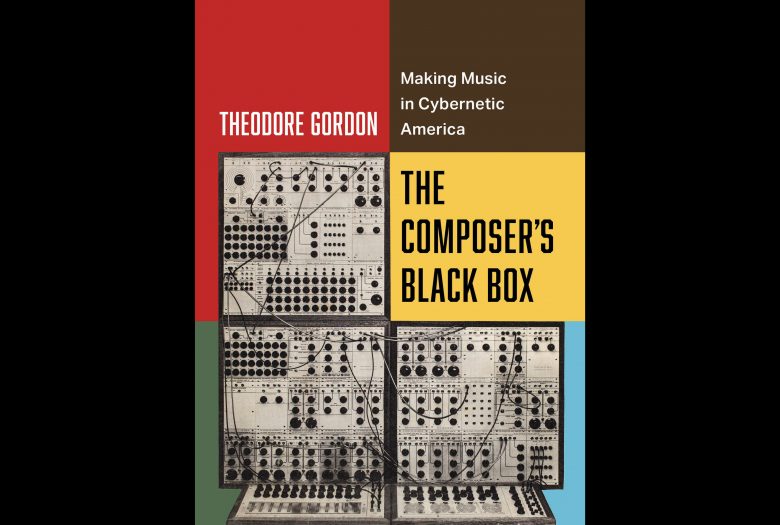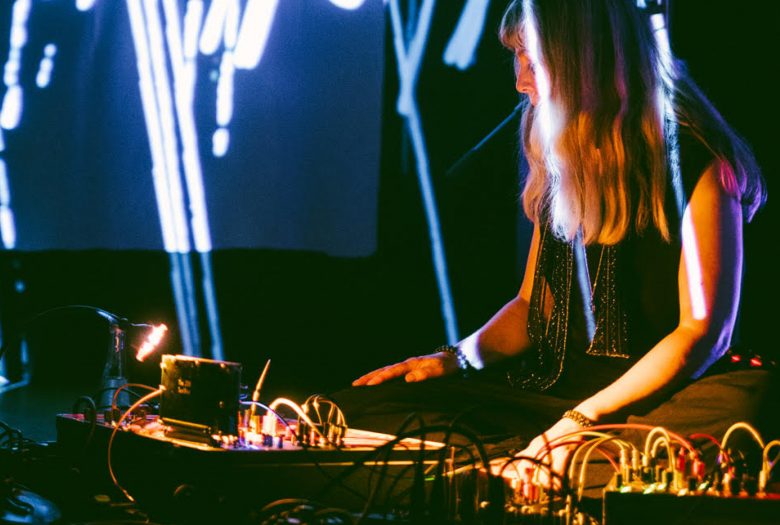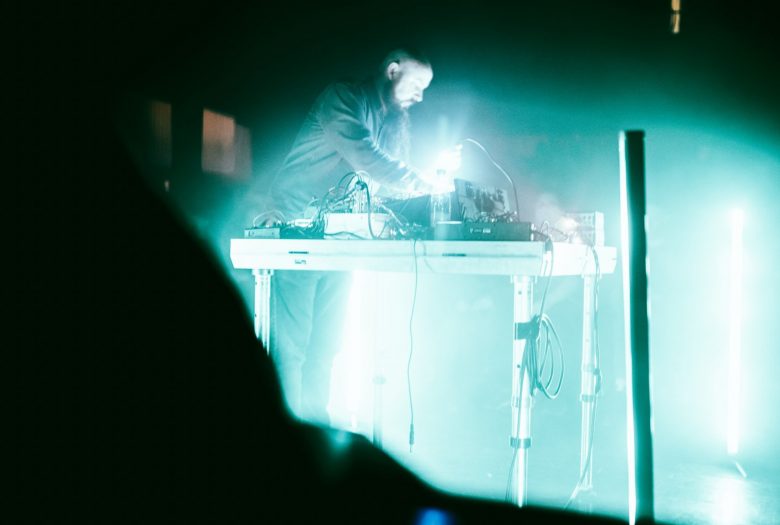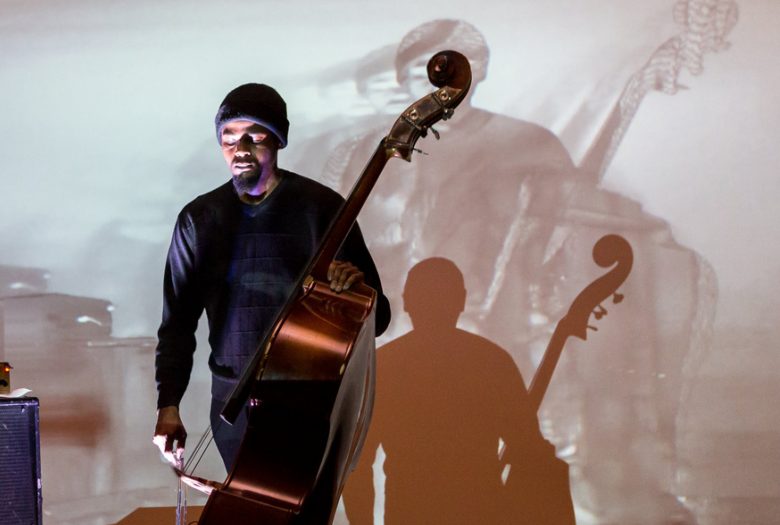Roulette’s annual Mixology Festival highlights novel approaches to technology in music and media arts, since 1991, and is supported in-part by mediaThe Foundation.
DAY 1 of Roulette’s 2026 Mixology Festival features an evening of conversation and performance around Ted Gordon’s recent book, The Composer’s Black Box (University of California Press, 2025), which examines how human musicians and their electronic musical instruments negotiate agency, creativity, and selfhood through cybernetic pathways of control. Through five historical case studies—chapters on early cybernetic electronic systems developed by Morton Subotnick, Donald Buchla, Pauline Oliveros, Alvin Lucier, and Sun Ra—Gordon’s book develops a concept of “ex-composition” that accounts for experiences of playing with instruments that play themselves, and the consequences those experiences hold for understanding the musical self in an increasingly informational world.
After a panel discussion and Q&A, Gordon will be joined by frequent collaborator Marcia Bassett (electronics), as well as Keith Fullerton Whitman (electronics), and Luke Stewart (bass) for improvised performances that build on the conversation in solo and duo formations.
Ted Gordon author, Buchla Music Easel
Marcia Bassett panelist, Buchla Music Easel
Keith Fullerton Whitman panelist, electronics
Luke Stewart panelist, bass
“How can information systems make music? And when they do what happens to composers? This fascinating book reveals how electronic music cracked open questions of what it meant to be human at the dawn of the digital age. Read it, and you’ll never hear a synthesizer quite the same way again.”—Fred Turner, author of The Democratic Surround: Multimedia and American Liberalism from World War II to the Psychedelic Sixties
“Gordon tells five compelling stories of musical creativity and cybernetics in the Information Age. But this is not a tale of technological determinism. The Composer’s Black Box shows us not how music was shaped by oscillators, circuit boards, and voltage controls but how deeply all of this depended on the imaginations of the people who used these technologies, their diverse notions of agency, and, ultimately, their visions of freedom and control.”—Emily I. Dolan, author of The Orchestral Revolution: Haydn and the Technologies of Timbre
“At last we have a detailed, sophisticated history of the impact cybernetic thinking had on the music of the 1960s, 1970s, and beyond. Gordon’s book represents an important intervention into postwar music history—one that is as urgent as ever, given cybernetics’ role in laying the groundwork for contemporary digital culture.”—Eric Drott, author of Streaming Music, Streaming Capital
A livestream will be available free of charge at 8pm on the day of the performance and archived for future viewing.




